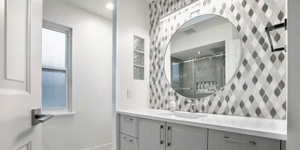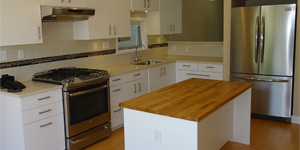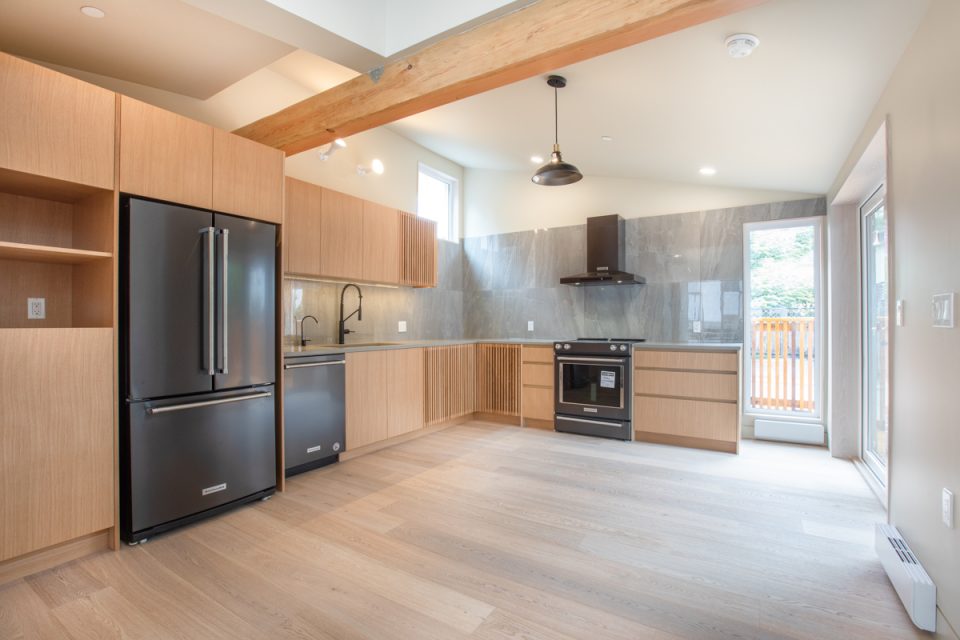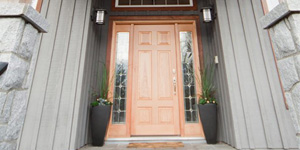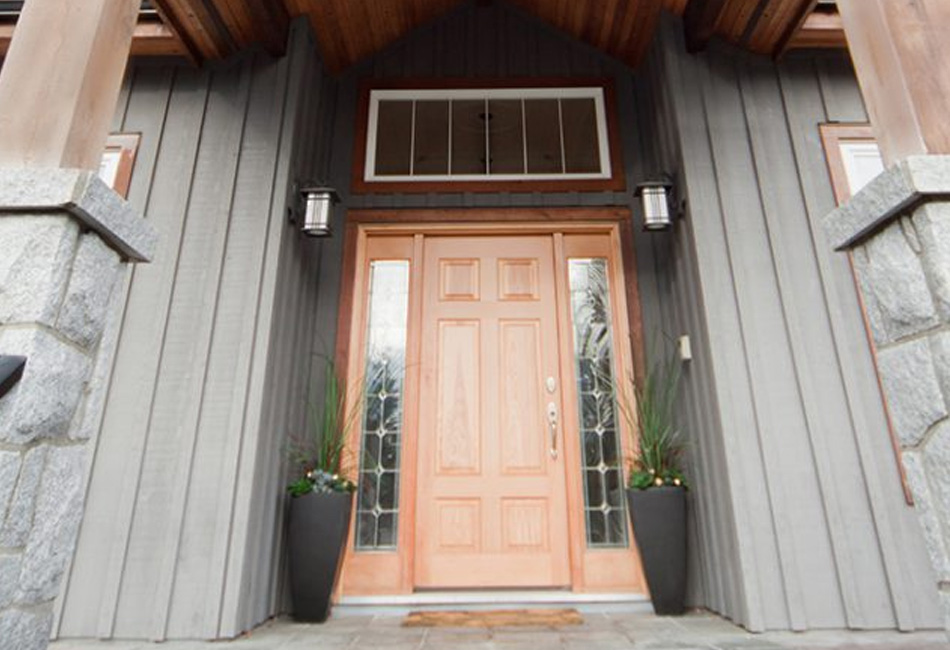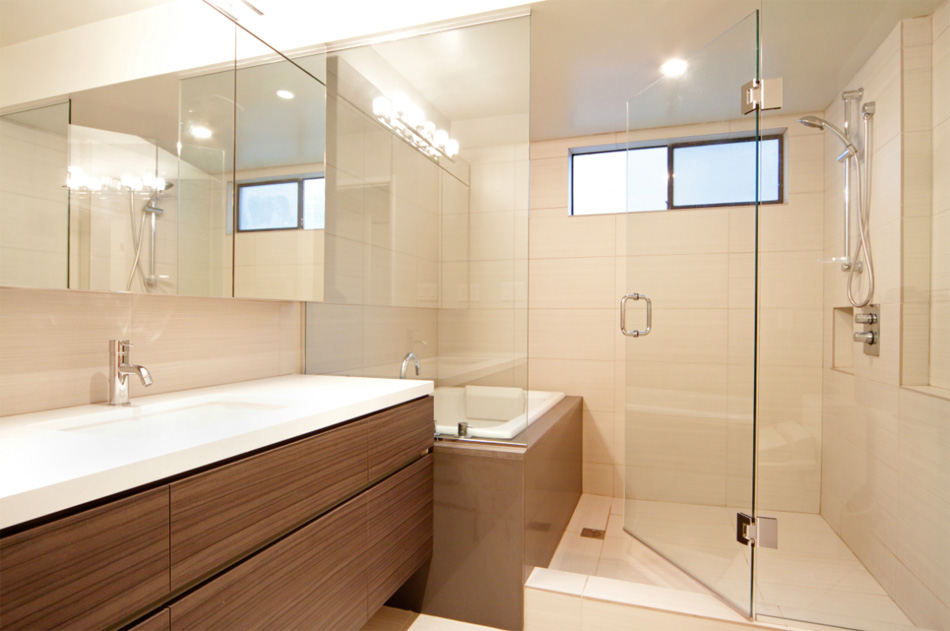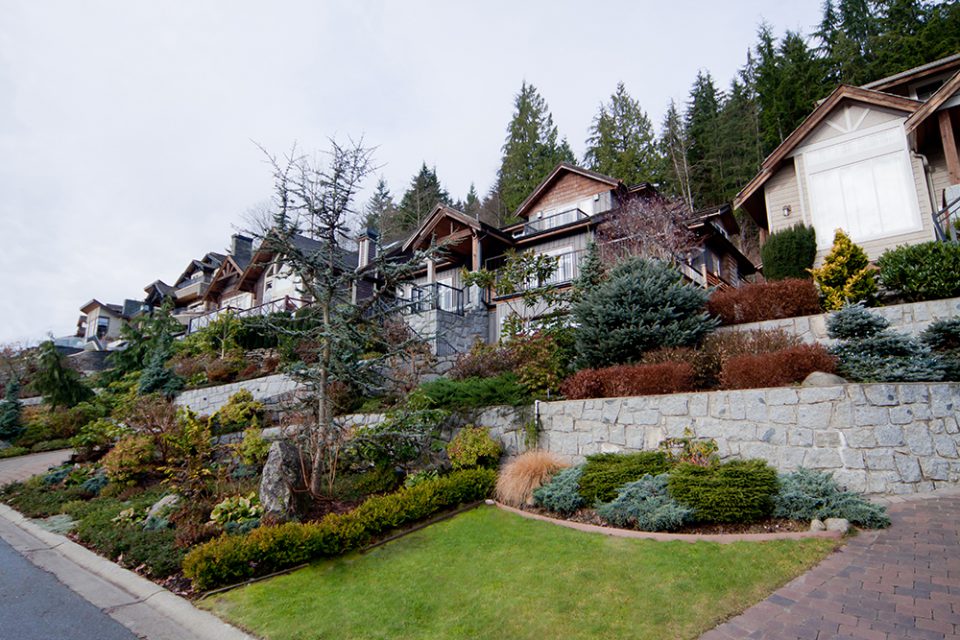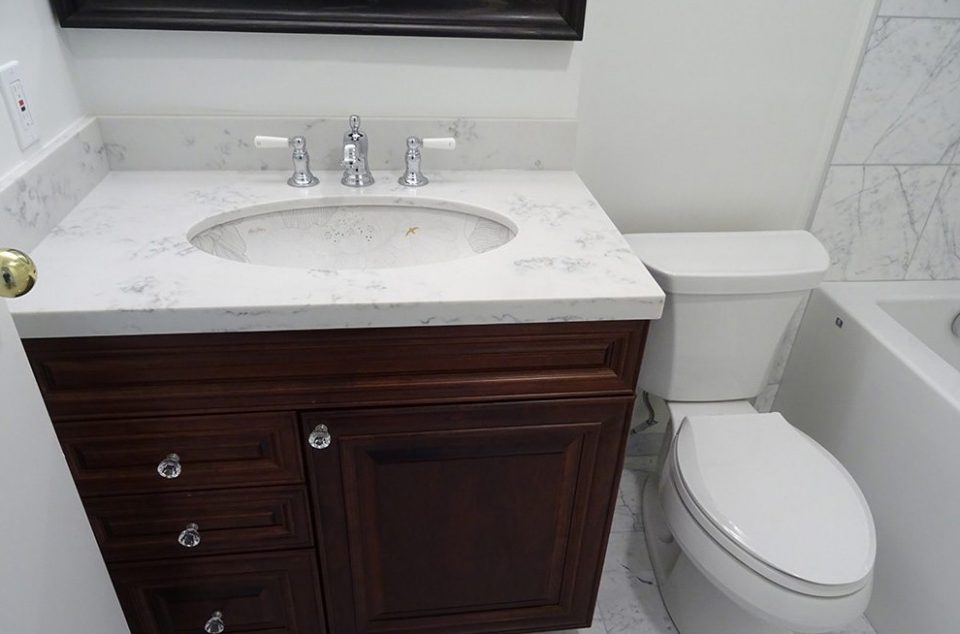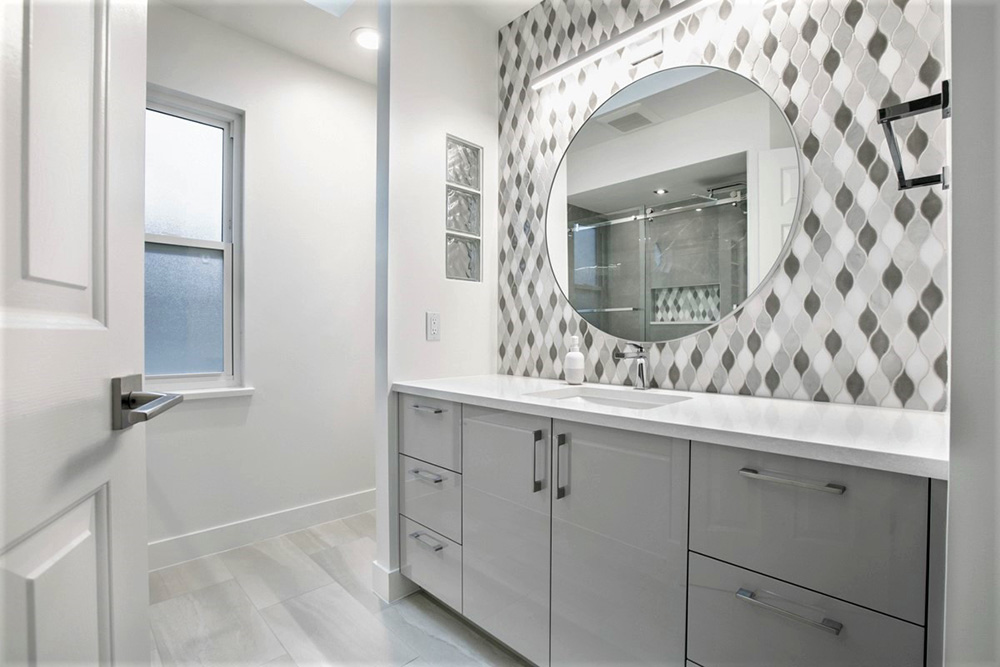
Ways to Save on Your Home Renovation
Renovating your home can be a thrilling yet daunting task, especially when managing a budget and focusing on areas like the kitchen, basement, bedroom, and bathroom. Fortunately, with strategic planning and smart choices, you can achieve your dream renovation without breaking the bank. Here are some practical ways to save on your home renovation:
1. Increase Efficiency
Optimizing the efficiency of your space is a cost-effective way to improve functionality without the need for extensive structural changes. In the kitchen, consider installing pull-out shelves, lazy Susans, or other organizers to maximize storage. For the basement renovation, think about creating multifunctional areas that serve multiple purposes, such as a combined guest room and home office.
2. Bring in Natural Light
Adding windows or skylights can be a significant expense, but there are more affordable ways to increase natural light. Consider using light tubes, which channel sunlight from your roof into your home, or using strategically placed mirrors to reflect light throughout the room. These methods are particularly useful in the basement and bathroom, where natural light might be limited.
3. Tap Your Contractor’s Sources
Experienced contractors often have access to high-quality materials at discounted prices through their network of suppliers. By partnering with a reputable contractor, you can take advantage of these savings. Ask your contractor if they can source materials like laminate flooring, recycled glass countertops, or vinyl siding at a lower cost.
4. Consult an Architect
While hiring an architect might seem like an added expense, their expertise can save you money in the long run. An architect can help you create a detailed plan that maximizes your budget and avoids costly mistakes. They can also offer innovative solutions for your renovation, ensuring that every dollar is well spent.
5. Partner With a Contractor
A good contractor is crucial to the success of your renovation. Look for a contractor who is willing to collaborate and provide cost-saving suggestions. They can help you prioritize projects, source cost-effective materials, and manage the renovation process efficiently. Establishing a clear line of communication with your contractor will ensure that your vision is realized within your budget.
Cost-Effective Materials
Choosing the right materials can significantly impact your renovation costs. Here are some cost-effective options to consider for your renovation:
- Laminate Flooring: Laminate flooring is a durable and affordable alternative to hardwood. It offers a wide range of styles and finishes, making it easy to find a look that suits your home.
- Recycled Glass Countertops: These countertops are not only eco-friendly but also budget-friendly. They offer a unique and modern look, perfect for the kitchen or bathroom.
- Vinyl Siding: Vinyl siding is a cost-effective material for updating the exterior of your home. It requires minimal maintenance and comes in various colors and textures, allowing you to achieve the desired aesthetic without a hefty price tag.
Renovating your home on a budget is entirely achievable with careful planning and smart decisions. By increasing efficiency, bringing in natural light, tapping into your contractor’s sources, consulting an architect, and partnering with a reliable contractor, you can create a beautiful and functional space without overspending. Additionally, choosing cost-effective materials like laminate flooring, recycled glass countertops, and vinyl siding will help you stay within budget while delivering stunning results.

